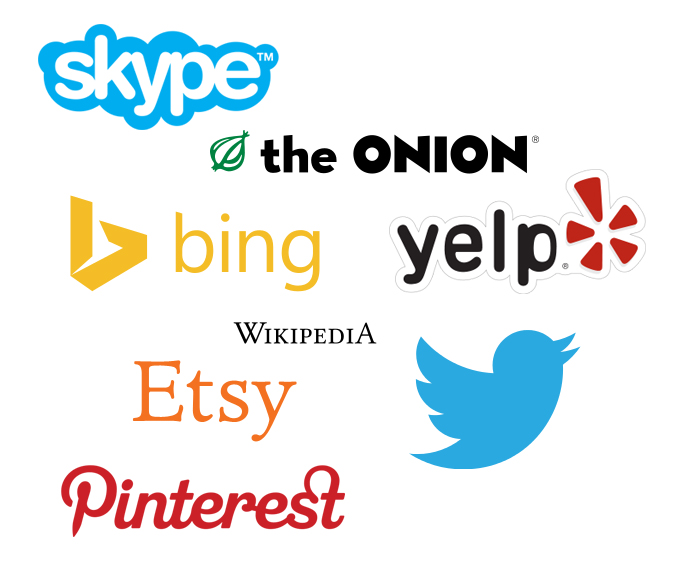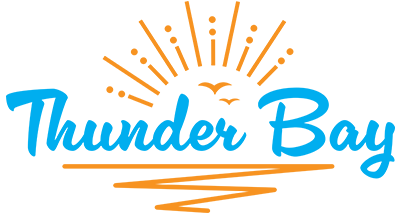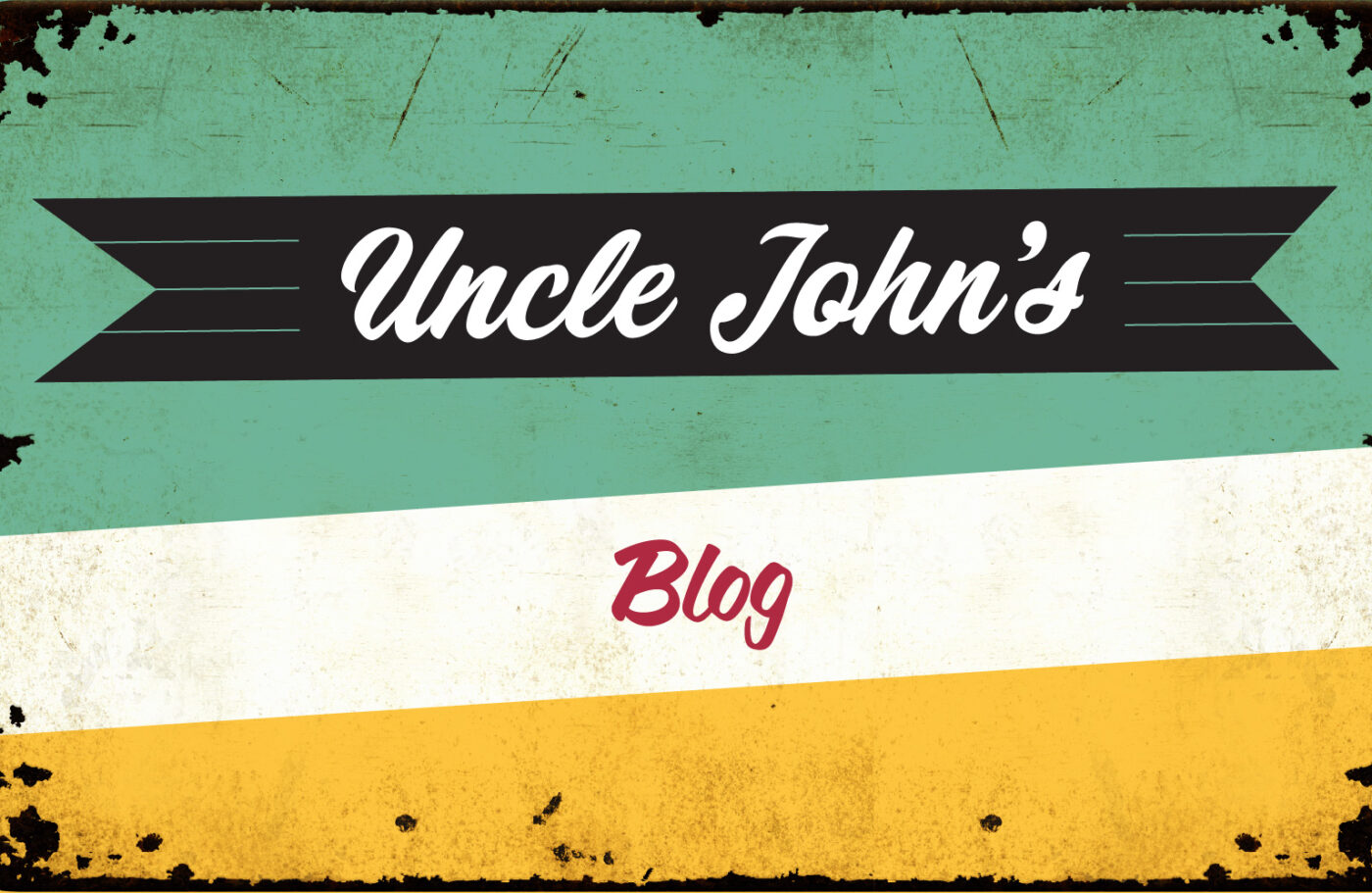“BathroomReader.com” got its name from the Bathroom Reader book series. Now you know!”
 Bing. In development, Microsoft’s search engine was codenamed “Kumo,” But Microsoft went with Bing because focus groups said it reminded them of “the moment of discovery.” The company also liked that it was short, easy to spell, and transferable to languages other than English. (Detractors jokingly claim BING is an acronym for “but it’s not Google.”)
Bing. In development, Microsoft’s search engine was codenamed “Kumo,” But Microsoft went with Bing because focus groups said it reminded them of “the moment of discovery.” The company also liked that it was short, easy to spell, and transferable to languages other than English. (Detractors jokingly claim BING is an acronym for “but it’s not Google.”)
Yelp. The business listings and ratings site is in many ways an Internet version of the Yellow Pages. In fact the “yel” in “Yelp” comes from “yellow,” and the “p” comes from “pages.”
Twitter. It’s a “microblogging site,” which means users’ posts cannot exceed 140 characters. Those short messages reminded company founders of birds chirping, or “twittering.” After almost naming the site twttr, creator Jack Dorsey went with “Twitter,” which individual posts known as “tweets.” Twitter’s logo? A bird.
Wikipedia. “Wiki” is Hawaiian for “quick,” and “pedia” comes form “encyclopedia.” Result: a quick encyclopedia.
The Onion. The satirical newspaper recently announced it was ceasing a print version, which had been published since 1988, so it’s an all-online endeavor now. It began as a college newspaper, and founders Tim Keck and Chris Johnson had so little money they ate onion sandwiches. While planning the paper, Keck’s uncle saw the duo eating onion sandwiches and reportedly quipped, “You should call the newspaper The Onion.”
Skype. The video-phone-via-Internet service got its name from a shortening of the phrase “sky peer-to-peer,” as users connect person-to-person via all those communication waves floating around out there.
Etsy. Rob Kalin, founder of the marketplace where users buy and sell vintage and handmade goods, wanted a nonsense word. But as he was watching the Italian film 8 1/2, he noticed characters said “etsi,” a lot, which means “oh, yes.”
Pinterest. The name is a combination of “pin” and “interest,” which reflects how the site functions—it’s a social network where users share pictures of things they find interesting by “pinning” them up on their home page, or pin board.








